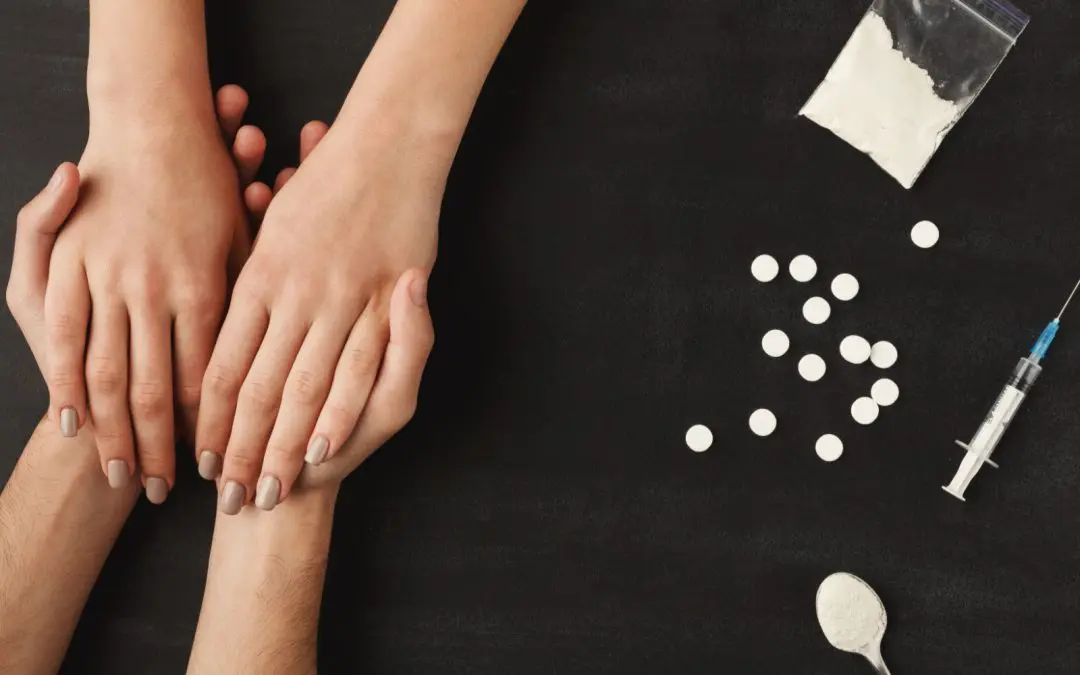24/7 Helpline:
(866) 899-111424/7 Helpline:
(866) 899-1114
Learn more about Medication-assisted Treatment centers in Staffordsville
Medication-assisted Treatment in Other Cities

Other Insurance Options

Coventry Health Care

Ambetter

BHS | Behavioral Health Systems

MHNNet Behavioral Health

Health Partners

Multiplan

Regence

PHCS Network

WellCare Health Plans

BlueCross

Covered California

MVP Healthcare

BlueShield

Health Choice

CareSource

Medical Mutual of Ohio

State Farm

Horizon Healthcare Service

Meritain

GEHA


















